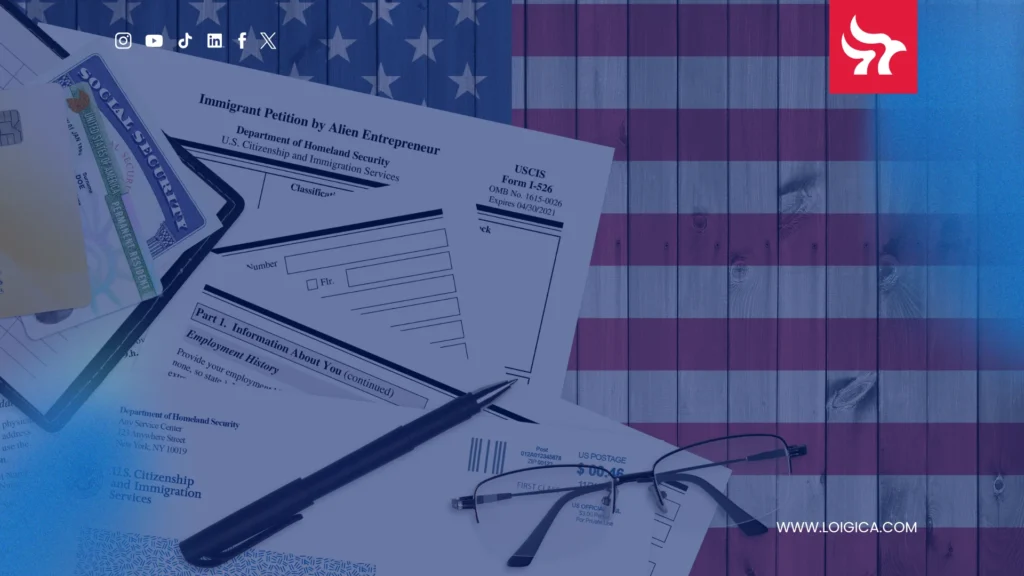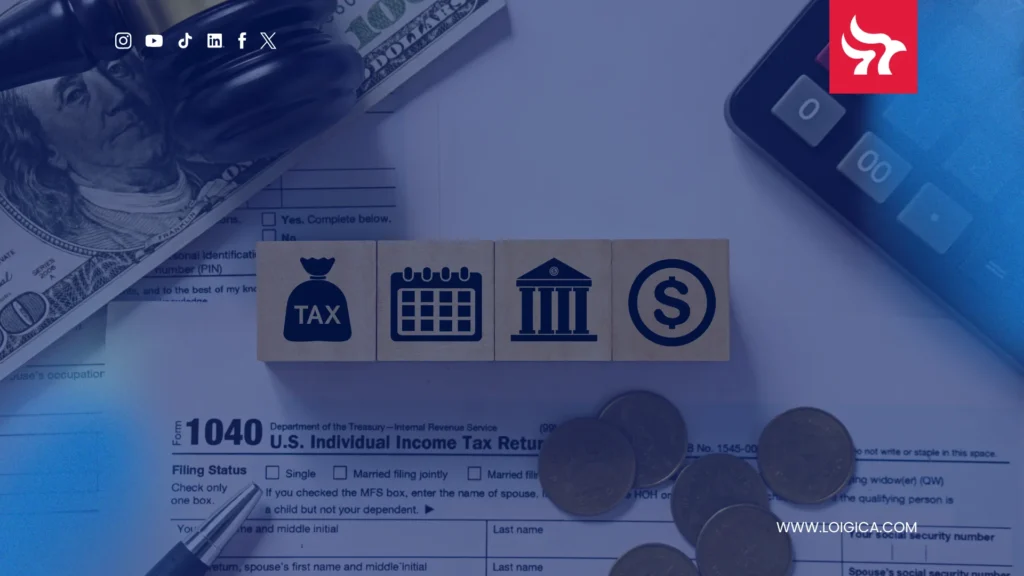The scene could be straight out of a fiction series: for five million dollars, the current Trump administration would grant permanent residency in the United States. A House of Cards satire? Or an idea leaked from the writers’ room of Succession? Neither. It’s a real campaign proposal aimed at raising billions to reduce the national deficit in exchange for granting expedited citizenship to those who can afford it.
But while this proposal —which has not yet been formally submitted to Congress— floods social media, generates headlines, memes, and heated debates, those who truly understand the U.S. immigration system know there is a structured, regulated, and legitimate path for investing in the U.S. and obtaining residency: the EB‑5 visa. And no, you don’t need five million.
An investment of $800,000 USD is enough if the project is located in a Targeted Employment Area (TEA), or $1,050,000 USD in other areas. But it’s not just about the money. The EB‑5 requires a solid legal framework, lawful source of funds, creation of at least ten (10) direct or indirect jobs, and a long-term investment commitment. In return, it offers a direct path to permanent legal residence (green card) for the applicant, their spouse, and unmarried children under 21.
In other words: while the so-called “Gold Card” is still a volatile idea —with no legal foundation or political viability in sight—, the EB‑5 is a proven program that has enabled over 100,000 residency approvals since its creation in 1990, according to official data from the U.S. Department of State and USCIS. Since its reauthorization under the EB‑5 Reform and Integrity Act of 2022, the program operates under stricter, more transparent rules that protect both the government and investors, ensuring the legality of every process.
The main difference between both proposals lies not just in the amount, but in the purpose: the EB‑5 visa is a public policy tool designed to generate employment and stimulate regional development. The “Gold Card” is, for now, an enticing concept —but its implementation remains uncertain. The American Immigration Lawyers Association (AILA) has warned that such statements only add to the confusion and may even discourage legitimate investors under the current legal framework.
Now picture a different, far more realistic scenario: signing an agreement with a certified EB‑5 Regional Center, investing in a project that boosts economic growth in a strategic area, with a legal team structuring your case from start to finish. A few months later, your petition is approved. You receive your green card. Your family settles legally. Your children enroll in school. You open a business or advance your career without fear. This is not fiction. This is already happening. This is EB‑5.
At LOIGICA, we don’t sell inflated promises or uncertain shortcuts. We design strategies grounded in the law. Our EB‑5 approval rate is built on one simple principle: it’s not luck — it’s preparation. Our attorneys have guided investment processes in a range of sectors, from real estate to sustainable or tech-based ventures. We’ve analyzed hundreds of cases and know how to turn an investor’s potential into a successful immigration outcome.
Instead of chasing a golden ticket like inCharlie and the Chocolate Factory, we offer areal, legal, and well-structured entry point.
📩 Schedule a consultation with our experts.
The future isn’t improvised — it’s built with legal vision.

Harry Tapias
CEO and co-founder at LOIGICA. Provides strategic immigration guidance for businesses and individuals, drawing on finance, marketing, and legal expertise from DePaul University and Nova Southeastern University. Specializes in H-1B, L-1, and PERM Labor Certification. Recognized for an empathetic and innovative approach, he has earned appointments to the boards of Vizcaya Museum and Gardens and the Miami-Dade County History Preservation Board.
This blog was written with asistance of generative AI. It is provided for informational purposes only. It does not constitute legal advice. The information presented here is based on general principles of U. S. immigration laws, as well as general information available for public search on public matters, as of the date of publication. Immigration laws and regulations are subject to change and individual circumstances may vary. If you need expert counceling on immigration matters, contact one of our attorneys.

ITIN vs SSN: When to Use Each Tax Identification Number in the U.S.

IRS Penalties for Foreign Owners: Fines, Forms, and How to Reduce the Risk



